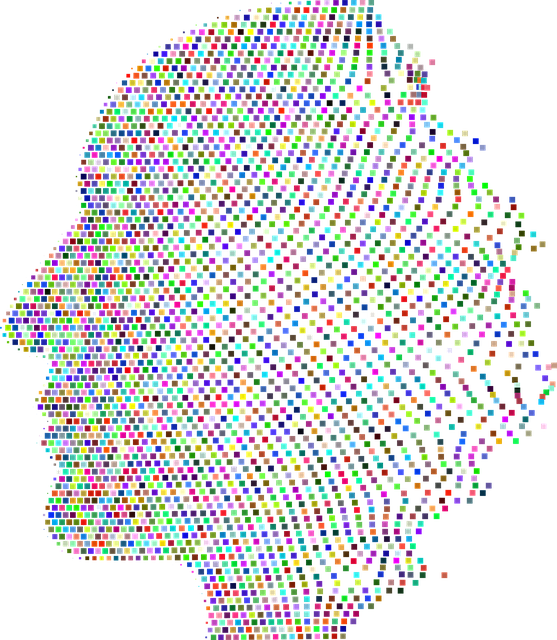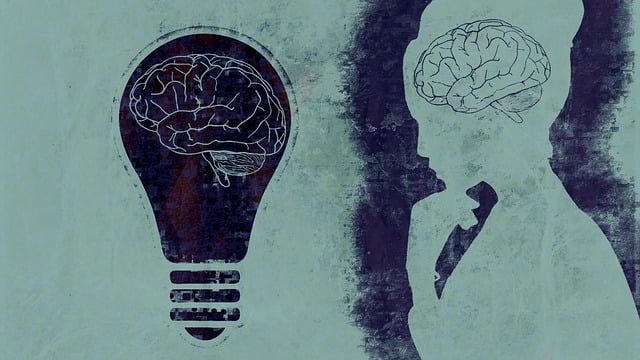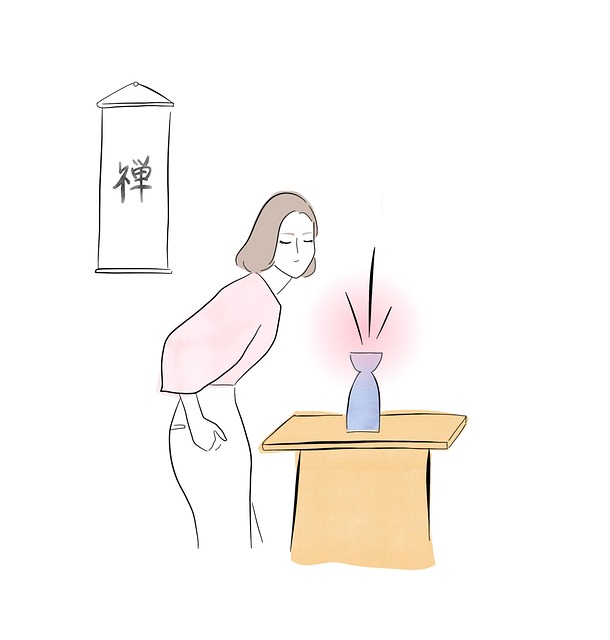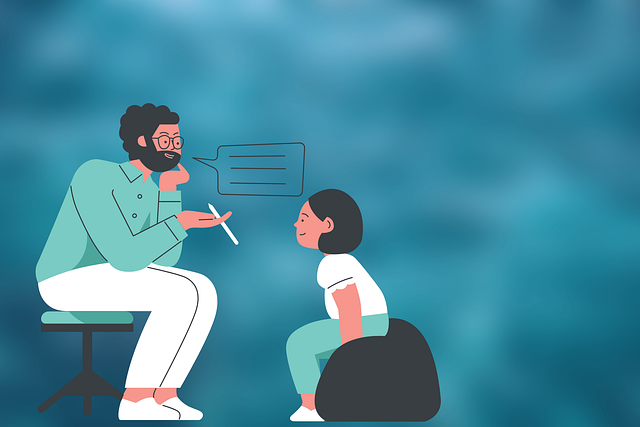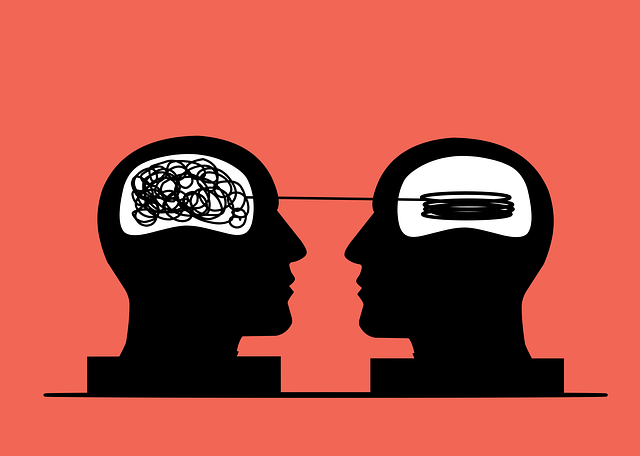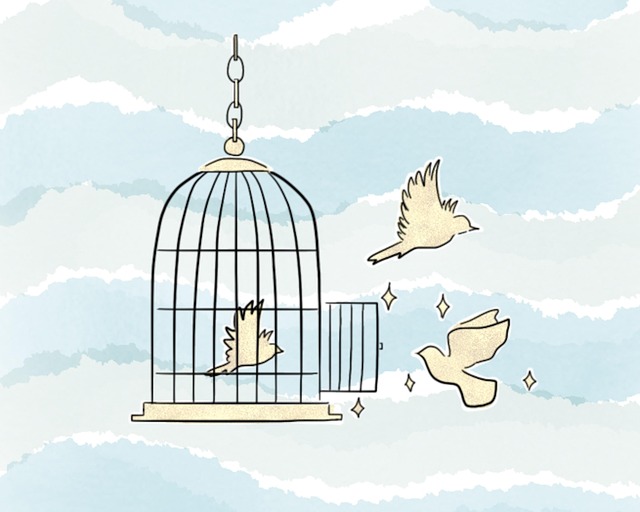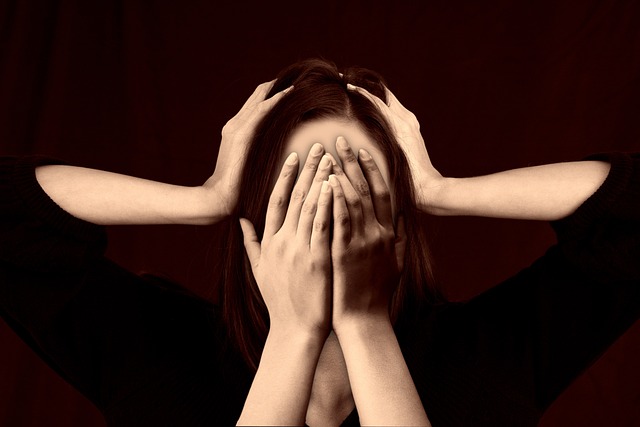Social skills training is a crucial component of mental health treatment, especially for individuals with anxiety, depression, or PTSD. Aurora Child Abuse Therapy specializes in teaching empathy, communication strategies, and conflict resolution to enhance social connections and patient outcomes. Their holistic approach combines evidence-based techniques, role-playing, group therapy, and community outreach to build resilience, improve emotional regulation, and reduce isolation. Additionally, they provide risk management tools and therapist well-being programs to create safe, inclusive therapeutic settings. Aurora Child Abuse Therapy's focus on social skills development is a game-changer in mental health care, addressing the root causes of social anxiety and communication difficulties.
Social skills training is a powerful tool for managing mental health conditions, addressing social isolation, and improving overall well-being. This article explores the vital connection between social proficiency and mental health, highlighting the expertise of Aurora Child Abuse Therapy in this domain. We’ll delve into effective strategies and techniques to enhance social interactions, offering insights that can transform lives. Discover how specialized training can foster meaningful connections, boost self-confidence, and create a supportive network, especially through the lens of Aurora’s proven methods.
- Understanding the Link Between Social Skills and Mental Health
- The Role of Aurora Child Abuse Therapy in Social Skills Training
- Strategies and Techniques for Effective Social Skills Development
Understanding the Link Between Social Skills and Mental Health

Social skills are integral to our overall well-being and mental health. In many cases, individuals dealing with mental health conditions struggle with social interactions, which can exacerbate their symptoms and lead to isolation. Understanding this connection is crucial, especially for those seeking support through Aurora Child Abuse Therapy or similar services.
The link between social skills and mental health becomes evident when considering conditions like anxiety, depression, and PTSD. These disorders often manifest in social anxiety, difficulty initiating conversations, and maintaining relationships. By teaching effective communication strategies and conflict resolution techniques, healthcare providers can empower individuals to navigate these challenges. Moreover, burnout prevention strategies for healthcare providers themselves are essential, as they directly impact their ability to offer quality care and create a supportive environment, ultimately contributing to improved patient outcomes and mental health outcomes.
The Role of Aurora Child Abuse Therapy in Social Skills Training

Aurora Child Abuse Therapy is a leading provider of specialized social skills training tailored to address mental health conditions, with a particular focus on fostering empathy and building supportive communities. Their expert therapists employ evidence-based empathy building strategies designed to enhance interpersonal connections, improve communication, and promote understanding among individuals grappling with various psychological challenges. By integrating mind over matter principles, the therapy sessions empower clients to manage their emotional responses, build resilience, and navigate social environments with greater confidence.
In addition to enhancing social interactions, Aurora Child Abuse Therapy equips mental health professionals with crucial risk management planning tools. These strategies ensure that therapists can create safe, inclusive spaces while mitigating potential risks within therapeutic settings. Through this comprehensive approach, Aurora Child Abuse Therapy not only supports individuals in their healing journeys but also strengthens the capabilities of mental health professionals to deliver effective care.
Strategies and Techniques for Effective Social Skills Development

Developing social skills is a multifaceted process that requires tailored strategies for individuals with mental health conditions. At Aurora Child Abuse Therapy, we recognize the profound impact of social connections on overall well-being. Therefore, our approach involves a combination of evidence-based techniques to foster meaningful interactions and enhance communication abilities. One effective method is role-playing scenarios, where clients practice social exchanges in a safe and controlled environment, enabling them to build confidence and refine their responses.
Additionally, group therapy sessions play a pivotal role in teaching active listening, empathy, and nonverbal cues. Through interactive activities and discussions facilitated by our expert therapists, participants learn to navigate social situations with greater ease. We also integrate mental health education programs designed to raise self-awareness and promote resilience, addressing underlying issues that may hinder social engagement. Moreover, the successful implementation of a community outreach program can connect individuals with local support networks, fostering a sense of belonging and reducing feelings of isolation. By preventing burnout among therapists and caregiving staff through regular training and stress management techniques, we ensure sustained quality in our services.
Social skills training is a powerful tool for individuals with mental health conditions, offering a path to improved well-being. As discussed, Aurora Child Abuse Therapy plays a pivotal role in this process, providing specialized programs that cater to the unique needs of those navigating social challenges. By incorporating evidence-based strategies and techniques, individuals can develop essential skills, fostering meaningful connections and enhancing their overall mental health journey.
